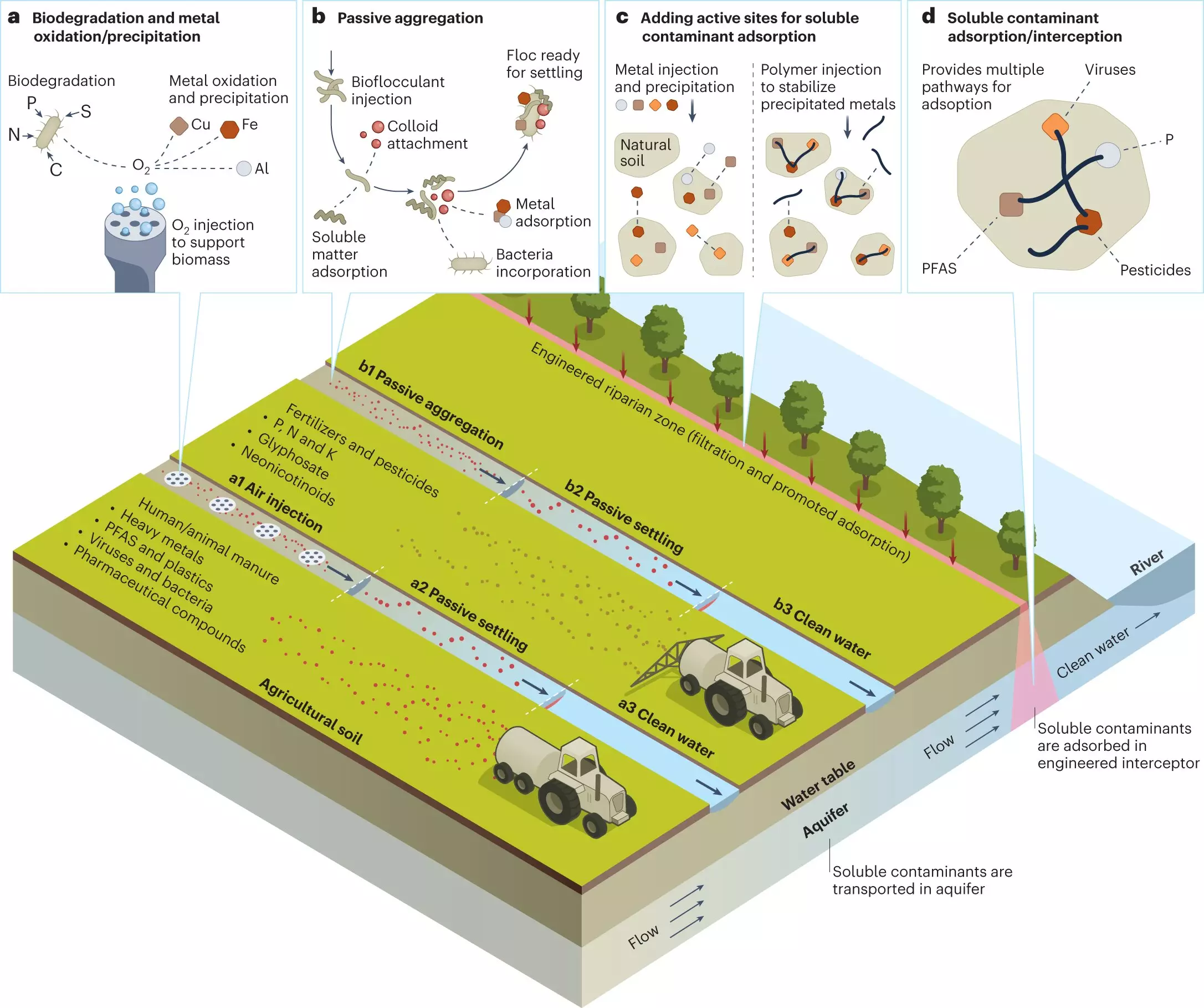Professor Mathieu Lapointe of the Department of Construction Engineering at École de technologie supérieure (ÉTS) has conducted a study which highlights the impact of human activities on natural waters, aquatic biodiversity and the quality of drinking water resources. In the study, published in Nature Water, it was found that certain types of wastewater are not treated globally. Professor Lapointe suggests that certain types of wastewater can be treated using more sustainable and affordable in situ methods. He explains that the rate of discharge into the environment of certain types of untreated water varies from one country to another. Countries with lower incomes tend to discharge more than those with higher incomes. Wastewater treatment rates can vary from 4% to 95%, depending on the country.
The Cost of Water Treatment Plants
Water treatment plants are not only costly, but they also consume a lot of energy. Moreover, they do not solve the problems associated with urban waterproofing or the erratic excess rainfall caused by climate change. In addition, agricultural and urban runoff is often considered insufficiently contaminated to justify the cost of using conventional treatment plants. Therefore, runoff remains untreated even though it can contaminate aquatic ecosystems.
Passive and Decentralized Solutions
Professor Lapointe recommends passive, modular, inexpensive, and decentralized solutions capable of retaining certain contaminants. He suggests bioretention cells, aggregate-decant systems, and seepage areas through functionalized soils. He also proposes a greater reliance on “passive ecosystem services,” including microorganisms, oxidation, photodegradation and inactivation. He suggests that government authorities and environmental organizations would do well to promote passive systems that can be combined or integrated with more conventional processes for collecting and treating wastewater.
Although more in-depth studies are needed to better assess the advantages and cost-benefits of this solution that combines technology with passive methods, Professor Lapointe is optimistic about the viability of this alternative. He suggests that to treat waters that are not currently treated for techno-economic reasons, such as storm water runoff, a greater reliance on passive systems should be promoted.
Professor Lapointe’s research highlights the impact of human activities on natural waters, aquatic biodiversity, and the quality of drinking water resources. He suggests that certain types of wastewater can be treated using more sustainable and affordable in situ methods. He recommends passive, modular, inexpensive, and decentralized solutions capable of retaining certain contaminants. By promoting passive systems, government authorities and environmental organizations can help treat waters that are not currently treated for techno-economic reasons.


Leave a Reply